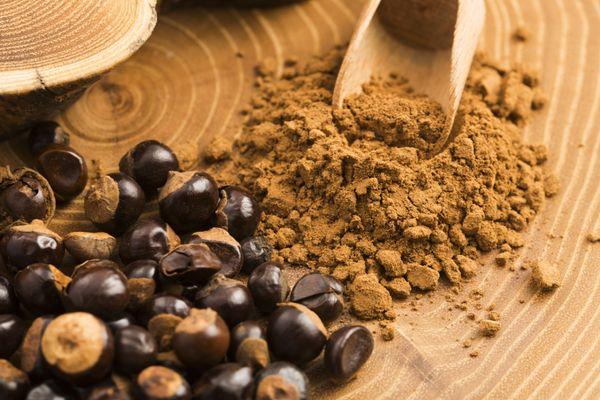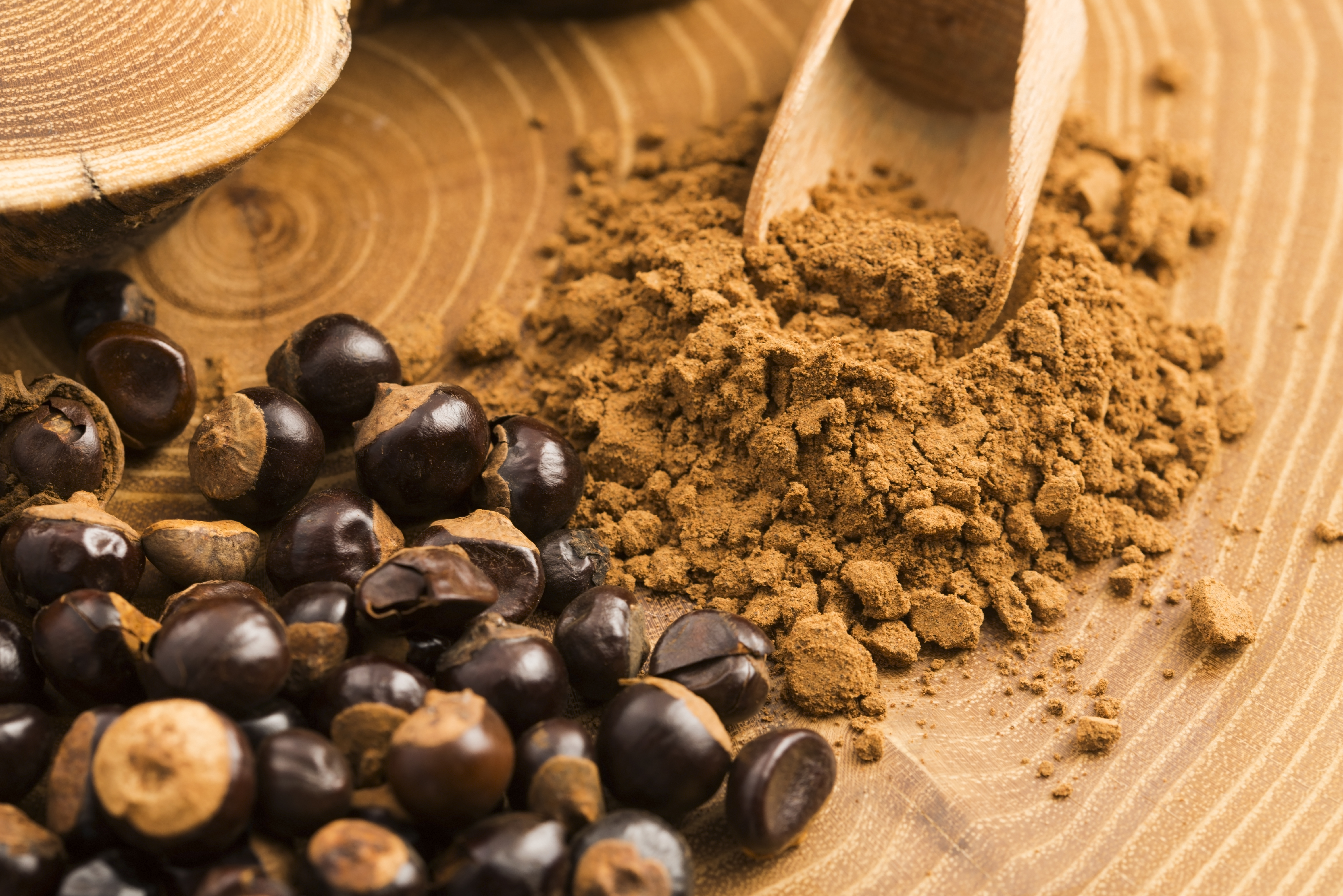Between working full time, taking care of families, managing a social life, going to school and everything else that life demands from us, we often turn to our trusted energy drinks to get through the day. As they’ve grown in popularity, the warnings against them have also increased. If giving up your daily energy drink would throw your routine completely out of whack, try some simple tips to boost energy quickly.
If you’re looking for a product to replace an energy drink, consider these top energy-boosting supplements:
Guarana is a plant found in the Amazon that is a natural source of caffeine. It is traditionally used as a stimulant to boost mental and athletic performance.
Taurine is also naturally occurring. This amino acid is naturally found in meat and breast milk and is known for its ability to support athletic performance and act as an antioxidant.
L-carnitine is a natural substance formed in the liver and kidneys. It acts as an antioxidant and helps the body turn fat into energy.
Last but not least, B vitamins are vitamins that your body uses to acquire energy from the food you consume.
All together, this set of energy-boosting ingredients can have powerful effects.
Ways to Add Energy Boosts to Your Diet
To incorporate some of these powerful energizers into your diet while kicking the sugary beverages to the curb, look toward supplements for simplicity. Supplements make it easy to get the proper dosage of nutrients each day without adding any time or inconvenience to your routine. Try a vitamin B complex supplement to give you a full-spectrum energy profile in the morning or a guarana capsule to fight fatigue at the office.
You can also incorporate these nutrients into your diet with the foods you eat. L-carnitine is naturally found in meat, but it’s important to know which meats to focus on. Beef holds the highest concentration of carnitine, delivering roughly 80 milligrams of it per 3-ounce serving. Opt for lean cuts of beef when possible in order to save on cholesterol, and try to supplement your diet with other sources than red meat throughout the week. Other meats with high carnitine concentrations are low-fat pork, cod and chicken. It’s a good idea to mix all of these into your weekly meals in order to maintain proper levels of protein and variety in your diet.
Some of these proteins also contain high levels of taurine, a natural amino acid. However, taurine is not necessarily occurring in all proteins so it’s important to know what foods to look for. Certain types of seafood are great sources of taurine, including dungeness crab, Alaskan salmon and whole mackerel. Sea algae also contains taurine.
If you make a point to regularly incorporate an energizing supplement and some of these energy-boosting foods into your diet every week, you will likely see quite the difference in your levels over time. Even though it can be a shock to cut out sugary drinks from your system, adding these nutrients back into your diet naturally will not only keep you up and working but will benefit your health overall. These naturally occurring substances will give you sustainable energy that will help you run to the office, class, the grocery store and everywhere else you need to be in your crazy hectic lifestyle — all without breaking a sweat.
Looking for more natural energy tips? Read Your Complete Guide to B Vitamins.

About Lindsey Toth, MS, RD
Registered Dietitian, Swanson Health Products
Lindsey is a nationally recognized registered dietitian and nutritionist with a soft spot for ice cream. She empowers people to take charge of their health by finding the balance between the pleasure and nourishment in food.
Her philosophy is that you should take care of your body because it’s the only permanent home you have. It’s what inspired her to pursue a career in nutrition and, ultimately, led her to Swanson Health Products.
*These statements have not been evaluated by the Food and Drug Administration. These products are not intended to diagnose, treat, cure or prevent any disease.
Updated on November 25, 2017




